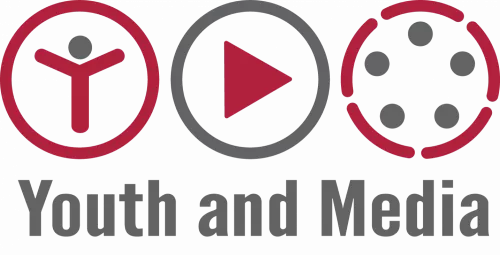
Q+ A with Tomorrow's Luncheon Guest, Allison Fine
Allison Fine will join us tomorrow as part of our Tuesday Luncheon Series, and as a primer to her talk, Berkman intern Yvette Wohn sat down with Allison for a Q+ A, where they discussed social change through social networks, online activism, and millenials.
Q. Does connectivity make things easier/harder for an activist?
It makes activism much, much easier – if the activist understands that the the widget doesn’t matter as much as the connectedness. Creating and strengthening real, authentic relationships for a cause, regardless of the social media tool used, is the key to growing and sustaining activist efforts.
Q. How involved does one have to be to be an activist? Would signing up for a group on Facebook count as activism?
I have a very expansive view of activism. Anytime a person interacts with another person or electronic message or website about a cause I consider it activism. Activism using social media, particularly by young people, is different from previous kinds of activism because the intended results, for instance a much greater emphasis on process than policy change, are profoundly different.
Q. What kind of balance do you think there should be between online/offline activities?
There’s no one-size-fits-all in activism. The proportion of online to on land activities will change depending on the organization, the cause and the context. It is important that activists understand this and continue to experiment with what balance of activities works best for their efforts.
Q. What kind of bubble do you see in online social networks?
A bubble that’s hard to pop! Social networks, by their very nature, are self-selecting groups of people that can work very well for causes that attract like-minded people. However, if your cause needs to bring together disparate groups to be effective, then working through existing online social networks will be limiting. People need to be brought together intentionally on land to bridge the gaps.
Q. Do you think non-profit groups should aggressively use social networks to promote their cause?
Absolutely. Social change has always happened through social networks, they were just solely on land before. Leveraging support for causes through social networks lowers the cost of activism and it can geometrically increase the number of supporters for a cause. However, the drawback as stated above is that self-selected constituencies may not expand the constituency that the effort requires to be successful.
Q. Why are Millenials so important as activists?
They are important because they are an enormous generation, larger than living Baby Boomers. They are immersed in causes and idealistic about their ability to affect positive change in the world. And, they’re important because of the way they use social media to scale activist efforts nationally and internationally, within and without organizations, online and on land.
Q. What is and who are Social Citizens?
Come to the talk and find out!
